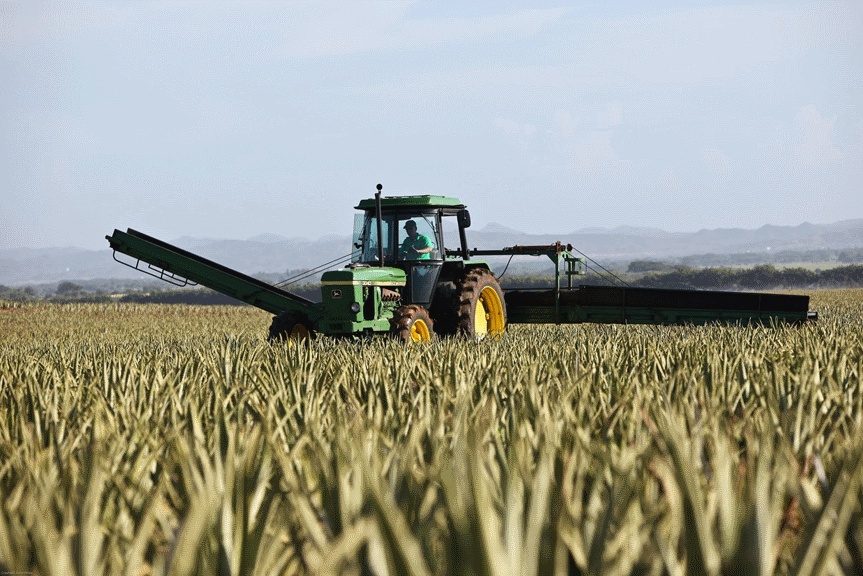In the realm of modern agriculture, the role of agricultural oils is indispensable. These oils serve as essential components in various farming practices, ranging from machinery lubrication to crop protection. This blog aims to delve into the multifaceted role of agricultural oil in modern farming practices, shedding light on its significance, types, applications, and the impact it has on sustainable agriculture.
Understanding Agricultural Oil:
Agricultural oil, also known as farm oil or crop oil, refers to any type of oil used in agricultural applications. These oils are primarily derived from plants, animals, or synthetic sources and are formulated to meet specific requirements of the farming industry. They play a crucial role in ensuring the smooth operation of farm machinery, protecting crops from pests and diseases, and enhancing overall agricultural productivity.
Types of Agricultural Oils:
- Mineral Oils: Derived from petroleum, mineral oils are commonly used as lubricants for farm machinery such as tractors, harvesters, and irrigation systems.
- Vegetable Oils: Extracted from plants such as soybeans, canola, and sunflowers, vegetable oils find extensive use in crop protection, as well as in biodiesel production for eco-friendly farming.
- Synthetic Oils: Engineered in laboratories, synthetic oils offer superior performance and longevity compared to traditional oils. They are often used in high-performance machinery and precision farming applications.
Applications of Agricultural Oil:
- Machinery Lubrication: Agricultural oils serve as lubricants for various farm machinery components, reducing friction, wear, and corrosion, thus prolonging equipment lifespan and ensuring efficient operation.
- Crop Protection: Agricultural oils are formulated into crop protection products to control pests, weeds, and diseases. They act as carriers for pesticides and herbicides, facilitating their effective application and adherence to plant surfaces.
- Soil Conditioning: Some agricultural oils are used for soil conditioning, improving soil structure, moisture retention, and nutrient availability for enhanced crop growth and yield.
- Biodiesel Production: Vegetable oils are key feedstocks for biodiesel production, offering a renewable and sustainable alternative to fossil fuels in agriculture and transportation.
Impact on Sustainable Agriculture:
The use of agricultural oils plays a significant role in promoting sustainable agriculture practices. By reducing the reliance on conventional petroleum-based lubricants and chemicals, agricultural oils contribute to lower carbon emissions, decreased environmental pollution, and enhanced soil health. Moreover, the adoption of biodiesel derived from agricultural oil helps reduce greenhouse gas emissions and mitigates climate change effects, fostering a more sustainable farming ecosystem.
Challenges and Future Perspectives:
Despite their numerous benefits, agricultural oils also present certain challenges and areas for improvement. Issues such as oil spills, contamination, and improper disposal can have adverse environmental impacts, necessitating proper handling, storage, and disposal practices. Additionally, ongoing research and innovation are essential to develop more efficient and eco-friendly agricultural oil formulations, as well as to explore alternative sources and production methods to meet growing demand sustainably.
Conclusion:
In conclusion, agricultural fuel supplier plays a vital role in modern farming practices, serving as a versatile and essential resource for lubrication, crop protection, soil conditioning, and biodiesel production. Its widespread applications and benefits contribute to the sustainability and efficiency of agricultural operations while minimizing environmental impact. As the agriculture industry continues to evolve, the importance of agricultural oil in supporting sustainable farming practices cannot be overstated, highlighting the need for continued research, innovation, and responsible usage to ensure a greener and more productive future for agriculture.


No comments yet